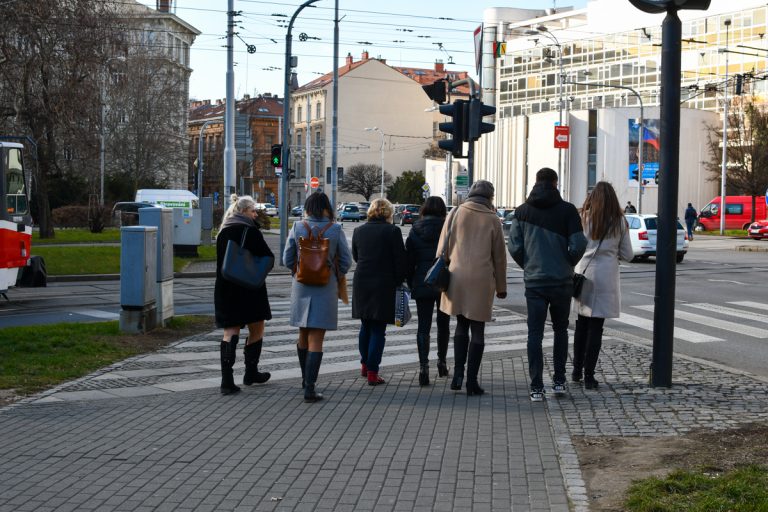Most Czechs would like to see stricter legislation on gun possession, but not a complete ban, according to a January poll conducted by the STEM agency and released today.
For example, the poll found majority support for more frequent medical examinations of gun owners, including mandatory psychological tests, as well as a limit on the number of guns one person can possess.
The debate on gun possession rules was sparked by the December attack by a lone gunman at the Faculty of Arts of Charles University in central Prague, which left 14 dead and 25 wounded. Police said the 24-year-old attacker, a faculty student, had a permit for eight weapons, including two long-range guns.
Almost four-fifths of the survey respondents were in favour of stricter gun possession rules. More than half of those polled would even vote for “significant” tightening. However, about half of Czechs expect gun legislation to be only slightly modified in the near future and nothing important to change.
The largest share of respondents, 80%, would support more frequent medical examinations for gun owners, including mandatory psychological tests. Nearly three-quarters prefer limiting the number of guns one person can possess for private purposes. About two-thirds of Czechs would also limit the number of rounds of ammunition owned by one person.
More than half of people are also in favour of limiting the types of weapons for private possession to just pistols and hunting weapons. Around one-fifth of respondents would support a complete ban on gun possession, while an equal share of people would support relaxing gun ownership rules.
According to the survey, gun owners make up only a small share of the population in the Czech Republic, about 7%. Specifically, 5% of people say they have a gun and are not considering buying another one, and 2% have a firearm and want to buy another one. About four-fifths of people do not own a gun and do not plan to buy one. The remainder do not yet own a gun, but are considering acquiring one.
The STEM agency conducted the survey on a sample of 1,057 people from January 18 to 27.







